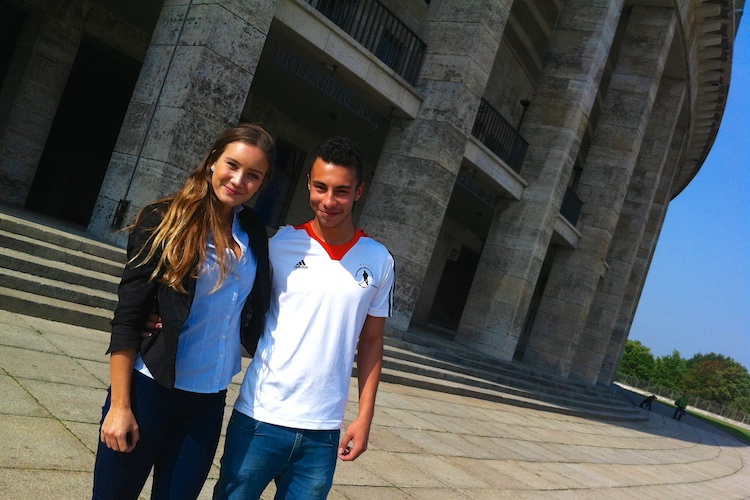
Arabella Himmelstoß (left) and Jonathan Klages, outside the Berlin Olympic Stadium. (Photo © Les Tan/Red Sports)
Arabella Victoria Himmelstoß and Jonathan Noah Christlieb Klages, both 17, are students of Poelchau Oberschule – Eliteschule des Sports (Poelchau High School – Elite School of Sports) in Berlin.
On a recent study trip to Germany, Red Sports caught up with both of them to find out more about their school, and how they juggle school and sports in the German education system.
Les Tan, Red Sports: What level of studies are you at?
Arabella: I’m in Grade 12, it’s the grade before I do my A levels in Grade 13.
Jonathan: I am in Grade 12.
Les: What sport do you play?
Arabella: I do athletics, specifically the hurdles and sometimes pole vault.
Jonathan: I play Field Hockey.
Les: How did you qualify to enter Poelchau? Must you pass a fitness test? Take a fitness exam? Get recommendations?
Arabella: In track and field you must pass certain tests, for example, a 600m run under two minutes, a sprint test (30m under 4 seconds) and some throwing tests to see if you’re talented.
Mostly it’s enough to be very good in one of these tests, because a good sprinter usually can’t throw.
How many people enter the school depends on the quality of the age-group.
Jonathan: Yes. In order to become a student at Poelchau, you have to fulfill certain criteria regarding sport as well as grades.
When you want to enter Poelchau, the first thing you need is a recommendation from either the national or the regional coach that it makes sense to invest in you! When it comes to grades, Poelchau doesn’t accept people who have bad grades!
Les: Also, can you get sent out of Poelchau if you don’t do well in your sport? Are there sports tests you have to pass every year?
Arabella: You can get sent out of Poelchau between the 8th and 10th grade, because of bad sports performances, undisciplined behaviour or really bad grades.
In track and field, there are basic tests every half year to check your progress, but they are rarely the reason why you get sent out.
In the 10th grade there is a big cut because the school must decide if you can do your A-levels there. If you’re accredited to the first semester of the senior-classes they can’t send you out and you have the right to finish the school at Poelchau.
Jonathan: This is different for every type of sport, but for instance, in hockey, you need the recommendation in Grade 7 for entering the school. Then you need to be recommended in Grade 10 for accessing high school.
Meaning, if you are not in the national team by Grade 10, the probability of leaving the school is very high.
We have to do certain tests [every year] but they have nothing to do with if we have to leave the school or not.
Les: How did you get started in the sport?
Arabella: I did sport since I was a little girl and I tried different kinds. For example, gymnastics when I was five years old up to eight, and then swimming from nine to 11.
But the teachers at my primary school always said that the way I ran was very talented, so I started athletics at a sports club in my neighbourhood. I got very successful year by year so I became a track and field girl. 🙂
Jonathan: My parents dragged me to a field hockey game and from the age of 3 years old, the only sport I wanted to play was hockey. 🙂
Les: What is a typical week like for you at your school? How do you juggle sports and studies?
Arabella: On Mondays, we have school from 8am up to half past three in the afternoon. After that I go to the athletics training of my club at about 5pm.
Every other day starts with training at 9am in a separate athletics indoor hall with the other athletic boys and girls. At about half past eleven we drive with a school bus back to school where we can eat at a cafeteria. The normal lessons also end at half past three. I usually have free time on Tuesday and Thursday.
The other days are filled with training in the afternoon. On days like this I come back home after 8pm. It’s very important to do your homework at the weekend because there is not many space for that in the week. I don’t have many problems with my grades so it’s easy for me to juggle both.
Jonathan: A typical week for me is made up of practice twice a day and four hours of school except on friday, there I only have two hours of school.
My morning starts at 8am with practice until 11.30am. I take my lunch break until 12pm. Class starts at 12.20pm until 3.35pm. Then I go home and have to leave straight away to my practice in the club which goes from 6.30 to 10pm.
Les: What do you like about studying at your school?
Arabella: For me it’s very important to feel the support of my school. For example when I have to go to a competition in another city and miss the Friday lessons, because we have to drive there earlier. Cases like this are not a big deal at my school, but at a normal school this would cause a lot of trouble.
Poelchau means the maximum support in sport AND school. In some classes there are two teachers to guarantee the understanding. And if you have a problem there is always a person you can talk to and who will help you.
Jonathan: I like the way how our school is capable of being tolerant for letting us leave for tournaments, no matter how bad the grades are!
Les: Why do you play sport? How does it make you feel?
Arabella: Sport is my second life. It gives me power, a different attitude towards life and a lot of new friends. Without my sport I would be another person.
At primary school I was a bit shy and not really confident, but once I started to train hard for my goals, I became determined and ambitious. You get a different attitude towards your body and you get to know yourself better and better. I couldn’t live a boring life without the thrill and excitement at a competition.
Jonathan: I love my sport because it gives me a chance to forget and to gain new point of views. After doing intense sport my way of thinking changes. I see things more objectively! It’s a good way to loosen tension.
Les: How important is sport to your generation? Is it cool to be a sportsman or sportswoman?
Arabella: Teens of my age always respect me and they look up to my strength. But mostly they can’t understand why I spend so much time for this and sacrifice my whole free time.
Students from normal schools usually say things like, “Sportsmen/women are boring, they never party and just have sports in their heads.” But when they’ve met you they let go of the prejudice, because we are teens like them, when we don’t have to focus on the sport.
Jonathan: It depends on the group of friends! But mostly people who act out sports are seen as cool, BUT the normal boy or girl can’t understand why one person spends all their time with performing high class sport!
Les: How do adults of your parents’ generation see sports?
Arabella: I think you always make a good impression on this generation when you tell them how hard you work for the success. Most adults support their children very much and don’t miss a competition, but there are exceptions for example when adults are just interested in best grades and don’t want their children to be distracted by the sport. But in most cases the adults forget their doubts when they see their happy children smiling.
Jonathan: My parents see sport as an act of balancing out aggression and tension. They believe that through me acting out sports I don’t feel the need for taking drugs and drinking excessive amounts of alcohol, because I need to maintain my level that I am performing at!
Les: When do you graduate from your present school? And what do you hope to do after that?
Arabella: I’ll graduate in summer 2016. I want to become a journalist so I think of studying journalism or something with media. I’m a good writer and I want to do something for the public.
I also could imagine to work for television or radio. You may ask why this have nothing to do with sports but the sad truth is that you can’t live from the money you get from athletics as your job, even if you’re a German superstar.
Jonathan: I will graduate in the year 2016, and after school I want to study BWL. It’s a subject that focuses on everything that has to do with finances, which gives me a big variety of job fields, because I really don’t know yet what I want to work as in the future.

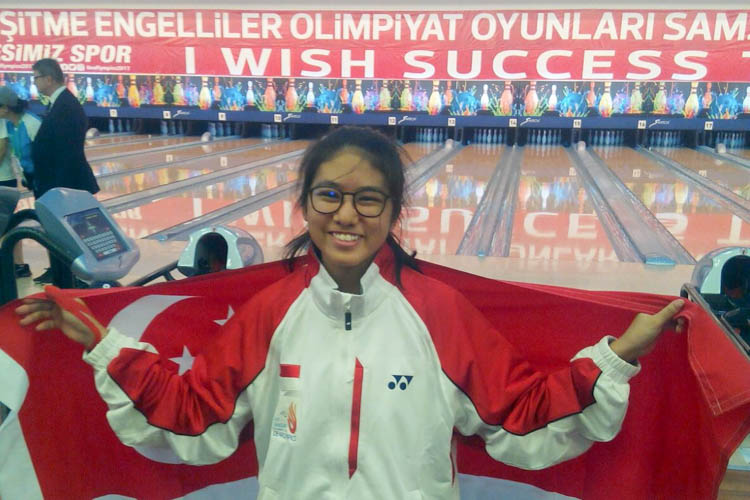
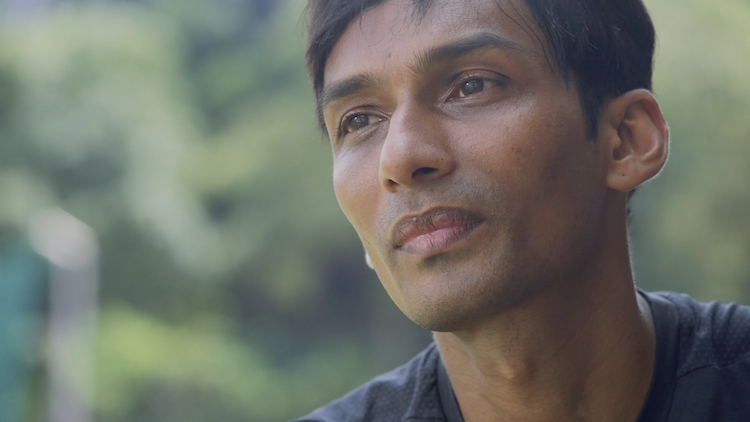
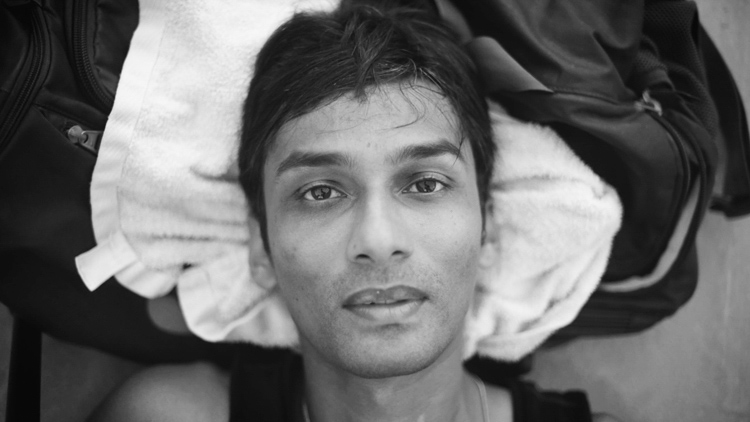
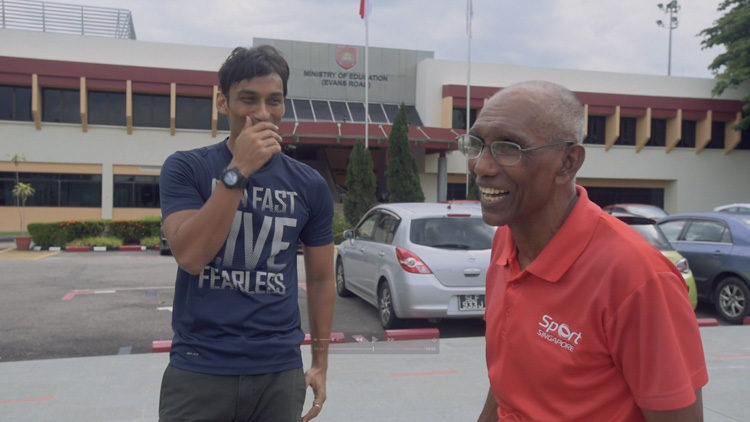
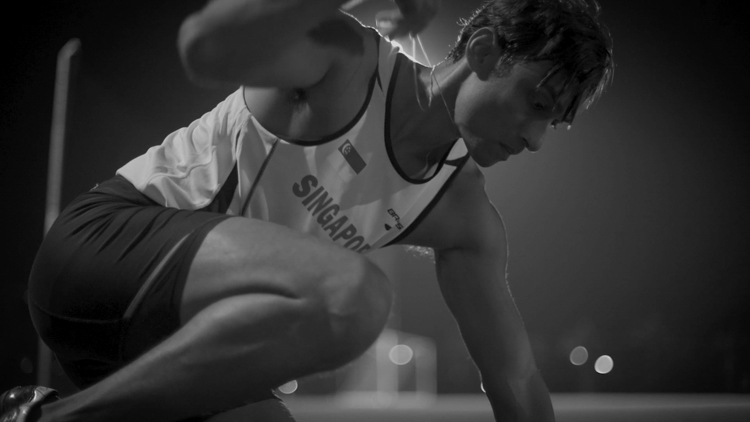
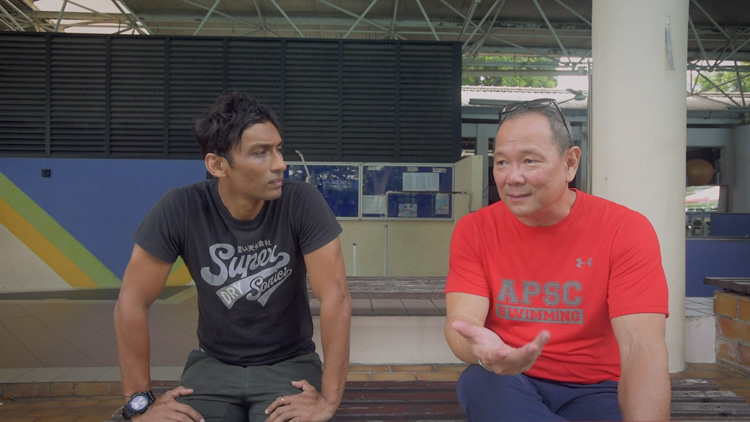
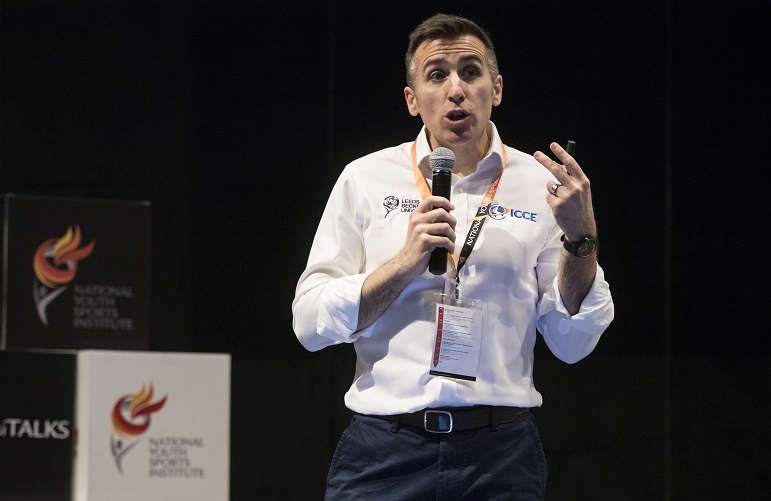

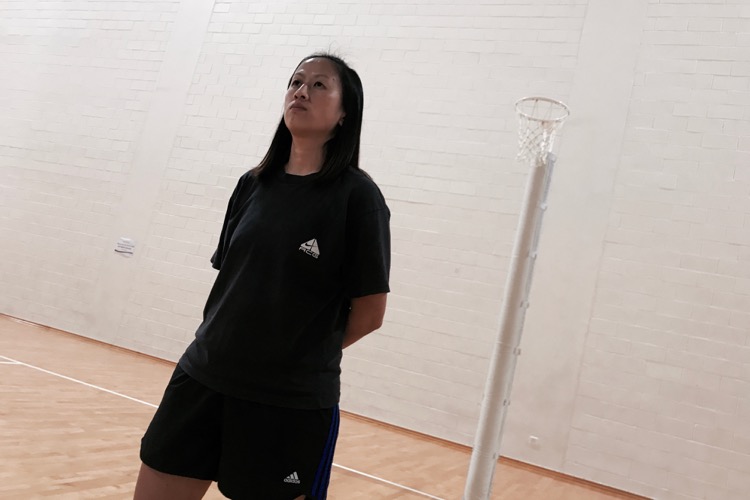

Leave A Comment